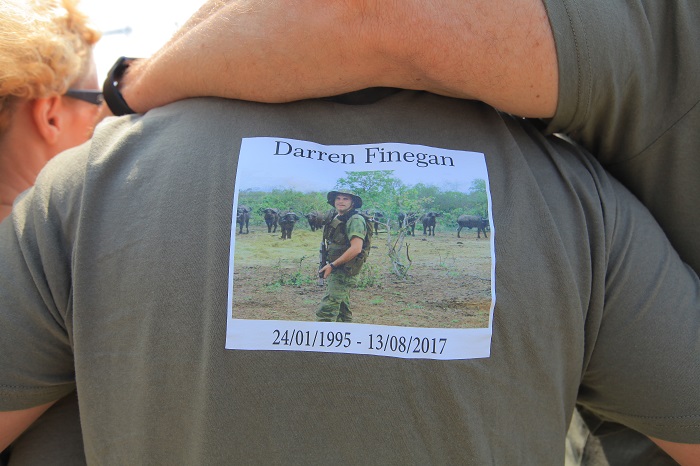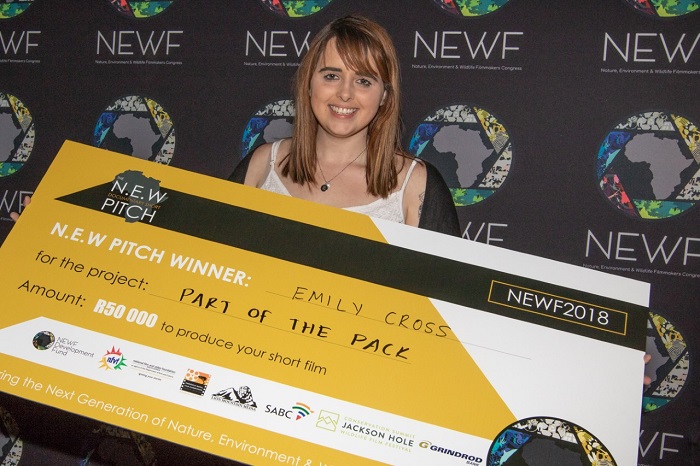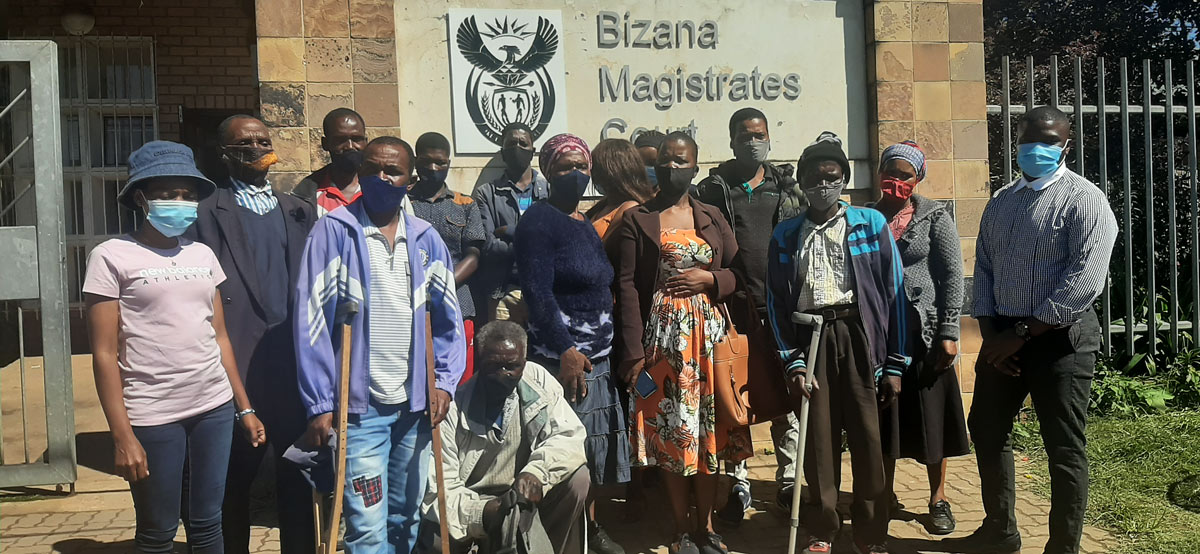Tech-savvy solutions shake up the way the continent responds to environmental challenges.
By Rio Button for Roving Reporters
It’s high time we embrace innovative tech solutions that young Africans are developing to promote conservation, says Dr Irene Amoke, executive director of the Kenya Wildlife Trust.
Amoke (43) was a presenter at the recent Oppenheimer Research Conference in Johannesburg – a platform promotes cutting edge research in conservation sector. It was attended by more than 350 African scholars and sustainability practitioners.
Amoke’s presentation, “Changing the conversation around conservation”, focused on finding new funding flows to give people more incentives to conserve the wildlife among which they live.
Balance
Amoke would like to see a balance of traditional philanthropic, donor and tourism-derived funding, complemented by funding solutions that harness technology.
She argues that technology can revolutionise conservation in ways that open doors for young people to contribute tangibly.
Valuable lessons were learnt during the Covid-19 pandemic, says Amoke. As tourist dollars dried up, the conservation sector had to evolve and tap new sources, including crowdfunding campaigns.
“We had to adapt and show people who weren’t physically here why the conservation work we were doing on the ground mattered. And it had to be so meaningful to them that they’d reach into their own pockets and give to conserve wildlife,” says Amoke.
Intelligent solutions
For example, intelligent solutions were required to sift through thousands of camera trap photos, she says.
Camera traps use sensors to detect movement. When an animal moves past a sensor it triggers a camera to record images or video. Being able to efficiently filter these recordings helps conservationists understand which animals are frequenting specific areas, thus providing information for management decisions.
This technology, which monitors animal movement right down to specific individuals, can help reserves predict and mitigate against human-wildlife conflicts.
Amoke, who is fascinated by African predators, wants to see this technology developed and used to help keep tabs on the more than 500 lions in the Masai Mara reserve, in southwestern Kenya.
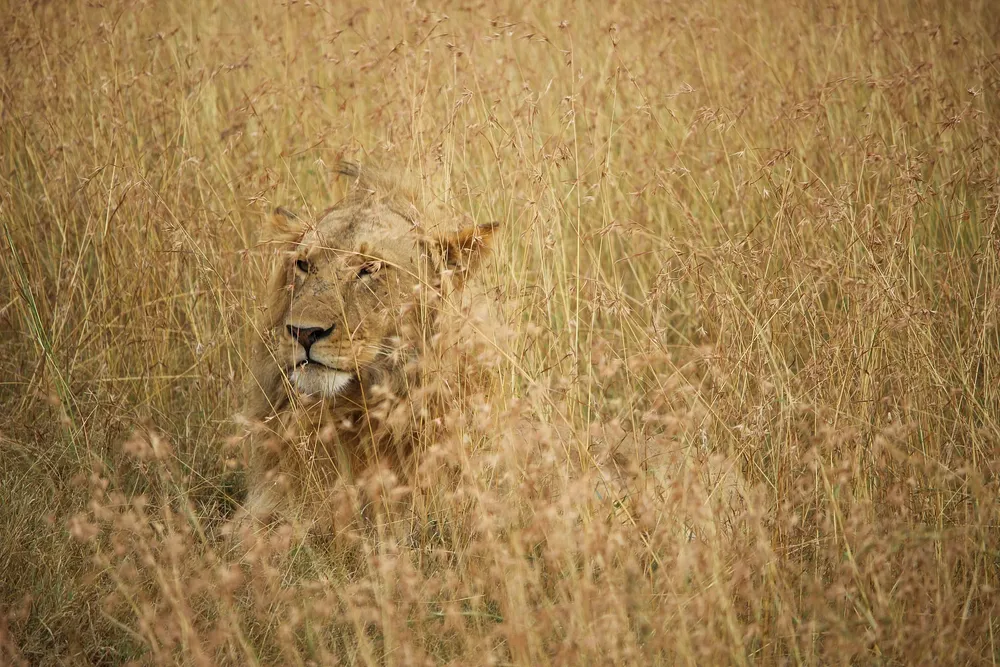
She was encouraged that the SNI x Kenya Wildlife Trust Hackathon focused on lion identification and data management as well as mitigating conflict between predators and farmers.
‘City girl’
So how did a “city girl”, as she calls herself, come to be leading a predator conservation trust?
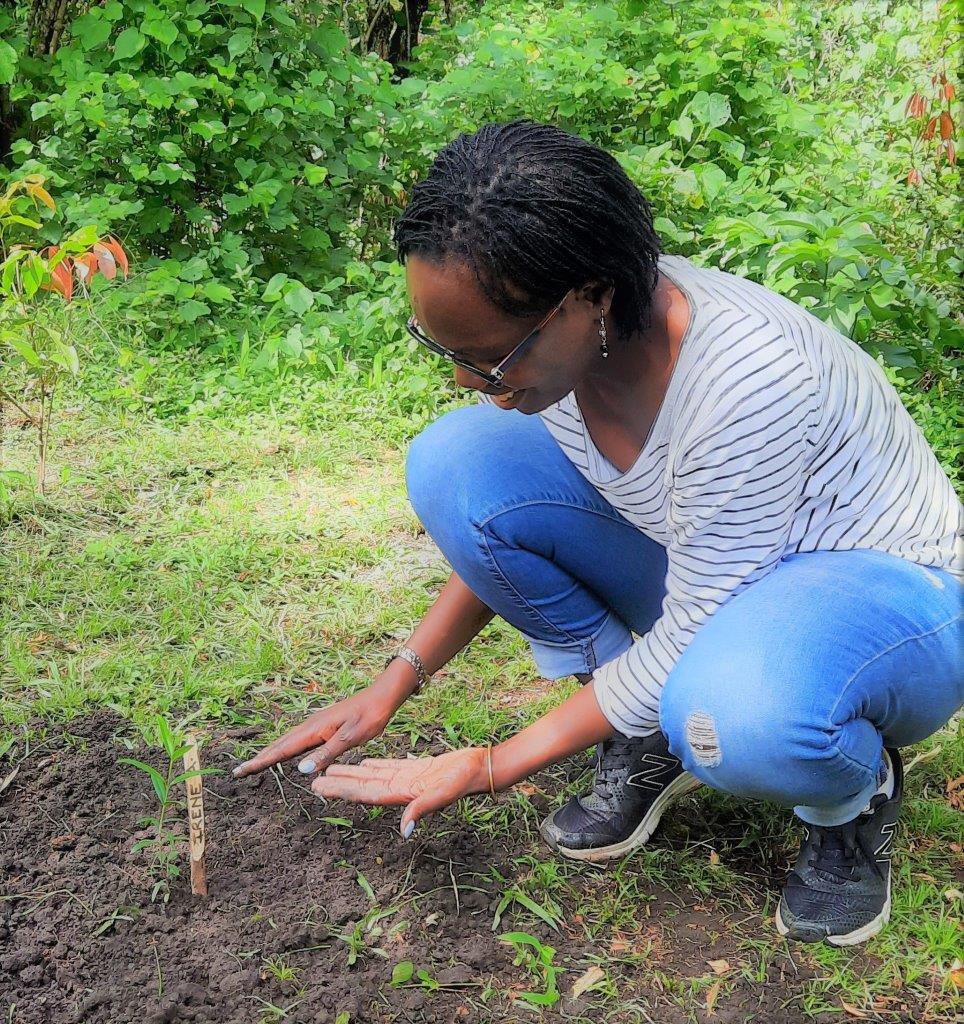
Amoke grew up in Nairobi, Kenya’s capital. Her first real experience of wildlife came on a primary school outing to Nairobi National Park, just 7km from the city. It is best known for breeding endangered black rhinos and is home to giraffes, zebras and lions.
Amoke also visited an elephant orphanage operated by the David Sheldrick Wildlife Trust. But that was not where her wildlife career aspirations really began.
She had hoped to join the medical profession and chased her dream of becoming a doctor all the way to pre-med. But in biology class she realised she preferred animals to people.
A university camping trip to the Masai Mara, one of Africa’s most popular wildlife conservation areas, crystallised things further. It dawned on Amoke how much there was to learn about the continent’s rich wildlife and complex ecosystems.
She went on to achieve her dream of becoming a doctor – but of ecology, not of medicine.
Challenges
The conservation field comes with many challenges that can feel insurmountable, including climate change, a lack of funding, and looming extinctions.
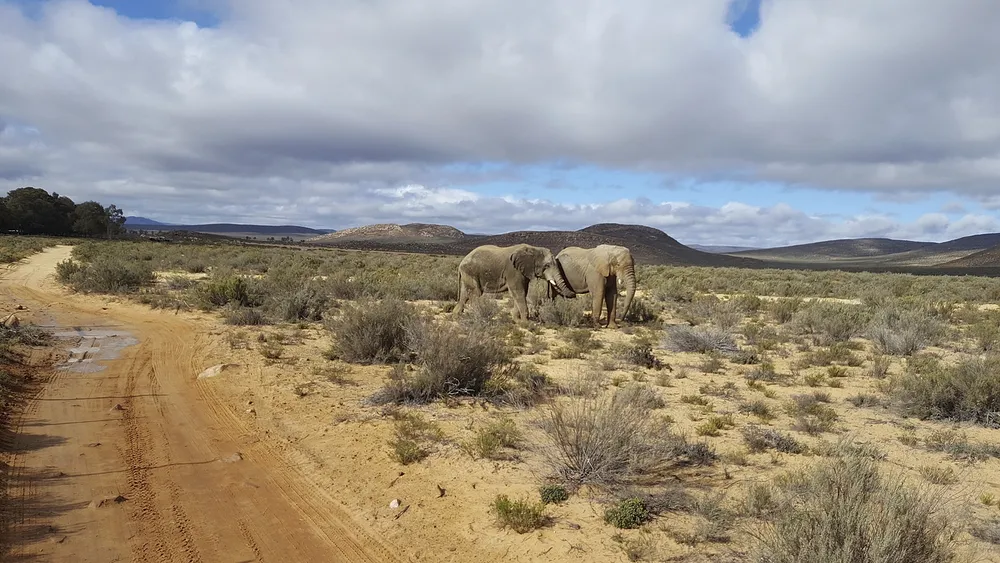
Amid this, Amoke is proud of the role Kenya plays in preserving the continent’s wildlife. Witnessing this first-hand motivates her, especially when the going gets tough. And she’s enthusiastic about making space in conservation for young people with their inspiring and “unapologetic, brave” voices.
“I’m not against the traditional conservation approaches, but we need to be very open to using and incorporating new ideas. It’s time to have new, fresh voices.” She would like to see more conservation decision-making happening at the local community level.
She argues that new funding models are needed that enable communities to benefit economically in a way that is sustainable and is not reliant on handouts.
And if communities are to succeed in building wildlife-friendly businesses, private investment should also go hand-in-hand with improving financial literacy, says Amoke.
She applauds initiatives such as the Mara Foundation’s “Hack the Mara”, as well as the Jennifer Ward Oppenheimer Research Grant which prioritises the role of women in advancing environmental sciences and conservation priorities in Africa.
Hackathon
The Haka Mara, which took place in Kenya late last month, brought together computer programmers to collaborate and compete in teams to come up with solutions to conservation problems. It was won by Nigeria’s Team Mastermind, which focused on building impactful USSD blockchain solutions in Web3. Second was Nigeria’s Team Blocverse, which builds everyday products with Web3 technologies.
The winner of this year’s Jennifer Ward Oppenheimer Research Grant research grant was Dr Liz (Elizabeth) le Roux, a South African Assistant professor at Denmark’s University of Aarhus, and University of Pretoria research fellow. Le Roux’s research explores the complex interactions between plants, animals, cattle dung and people.
Also read: The big fence: Historical divisions plague conservation efforts in South Africa
This article, commissioned by Jive Media Africa, forms part of Roving Reporters Game Changers series. This story first appeared in the Daily Maverick 168 newspaper.
- Rio Button is a conservation biologist and Western Cape ambassador for WESSA’s Young Reporters for the Environment. She is also taking part in environmental investigative journalism initiative established with the support of the Henry Nxumalo Foundation.







